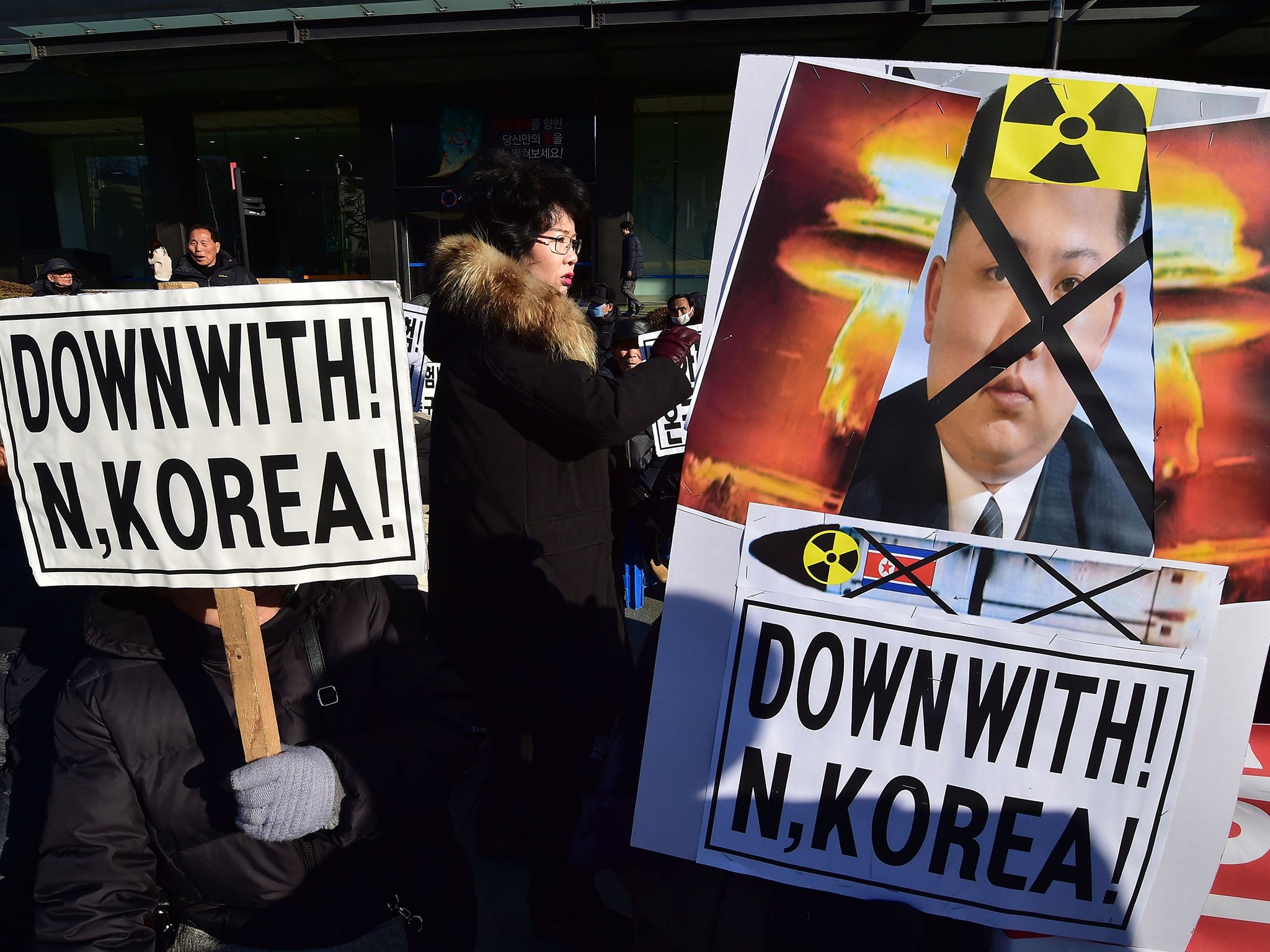North Korea's nuclear tests 'could cause catastrophic volcanic eurption'
The force of a nuclear bomb being detonated underground could affect the magma of the Mount Paektu volcano, which is situated near the test site

Your support helps us to tell the story
From reproductive rights to climate change to Big Tech, The Independent is on the ground when the story is developing. Whether it's investigating the financials of Elon Musk's pro-Trump PAC or producing our latest documentary, 'The A Word', which shines a light on the American women fighting for reproductive rights, we know how important it is to parse out the facts from the messaging.
At such a critical moment in US history, we need reporters on the ground. Your donation allows us to keep sending journalists to speak to both sides of the story.
The Independent is trusted by Americans across the entire political spectrum. And unlike many other quality news outlets, we choose not to lock Americans out of our reporting and analysis with paywalls. We believe quality journalism should be available to everyone, paid for by those who can afford it.
Your support makes all the difference.South Korean scientists have warned that nuclear tests allegedly being carried out by North Korea could cause a ‘catastrophic’ volcanic eruption near its test site.
In an academic paper, experts from Yonsei University, in Seoul, have said that the pressure of the force of a nuclear bomb being detonated underground could affect the magma of the Mount Paektu volcano, which is situated a mere 70 miles away.
The paper, published in the Nature journal, said: “An underground nuclear explosion test near an active volcano constitutes a direct threat to the volcano.
“North Korean nuclear explosions are expected to produce pressure changes of tens to hundreds of kilopascals, causing concern over the possible triggering of volcanic eruption.
“A nuclear test will probably exert a direct or indirect impact on volcanic activity at the mountain and this is worrisome.”
The scientists also warned that a previous eruption of the volcano was “one of the largest explosive events in human history”.
The 9,000ft-high active volcano is on the border between North Korea and China and last erupted in 1903.
Last month, Pyongyang claimed to have carried out a successful hydrogen bomb test, with its state-run news agency Rodong Simnun claiming that the test was conducted using “indigenous wisdom, technology and efforts” and that it had been carried out in a “safe and perfect manner”.
South Korea reacted to the news by anouncing it would restart propaganda broadcasts on loudspeakers across the border - something Kim Jong-un’s government has previously described as an act of war.
Join our commenting forum
Join thought-provoking conversations, follow other Independent readers and see their replies
Comments